Coastal cities worldwide are facing the enormous task of becoming resilient to physical, social, economic and climate change challenges. Boston, USA, and Semarang, Indonesia exemplify the multiple threats affecting society, economy, environment, and infrastructure. Assessing the impacts of present and future coastal hazards requires an understanding of the complex interactions between socioeconomic and environmental systems. This project seeks to undertake effective, innovative, and transformative research to understand how coastal communities and environments respond to natural and anthropogenic factors.
Microplastic Contaminants’ Threat to Food Security: A Case Study in Semarang, Indonesia
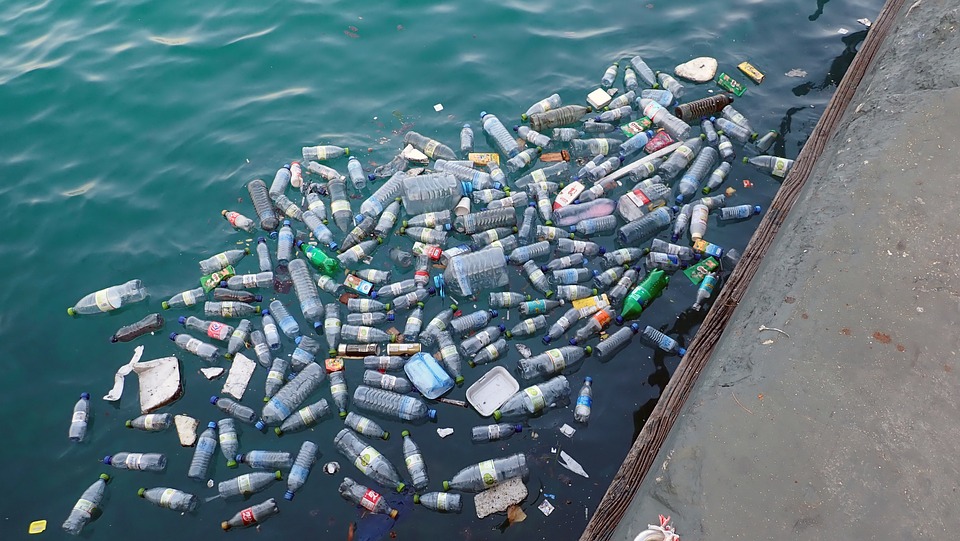
Food supplies in low and middle-income countries like Indonesia will likely be jeopardized by dwindling fish resources exacerbated by the presence of microplastics, but very little is known about this topic. Microplastics (plastics < 5mm diameter) harbor fecal matter, heavy metals, and pathogens within biofilms that coat their surfaces. They change the way primary producers like zooplankton and filter feeders like shrimp obtain nutrients and thus disrupt the bottom of the food chain. Microplastics consumed by fish also limit fish availability as a food resource by damaging fishes’ reproductive cycle, inhibiting eating, and causing disease. This project aims to estimate the effects of environmental contaminants on food safety and security (with specific focus on Semarang, Indonesia) and attempt to quantify the circulation of microplastics within fish production, distribution, and consumption among local markets.
Researcher: Nola Jenkins; Tufts University Mentor: K. Kosinski; University of Diponegro Mentor: A. Ambariyanto, R. Murwani, T. Elfitasari
- Jenkins N. (2019). Environmental Contaminants' Threat to Food Security: A Case Study of Microplastics in Semarang, Indonesia. Summer Scholars Program. Tufts University. Medford, MA. (Poster Presentation)
Shifts in Body Mass Index (BMI) Distribution in Indonesia: A Time Series Analysis
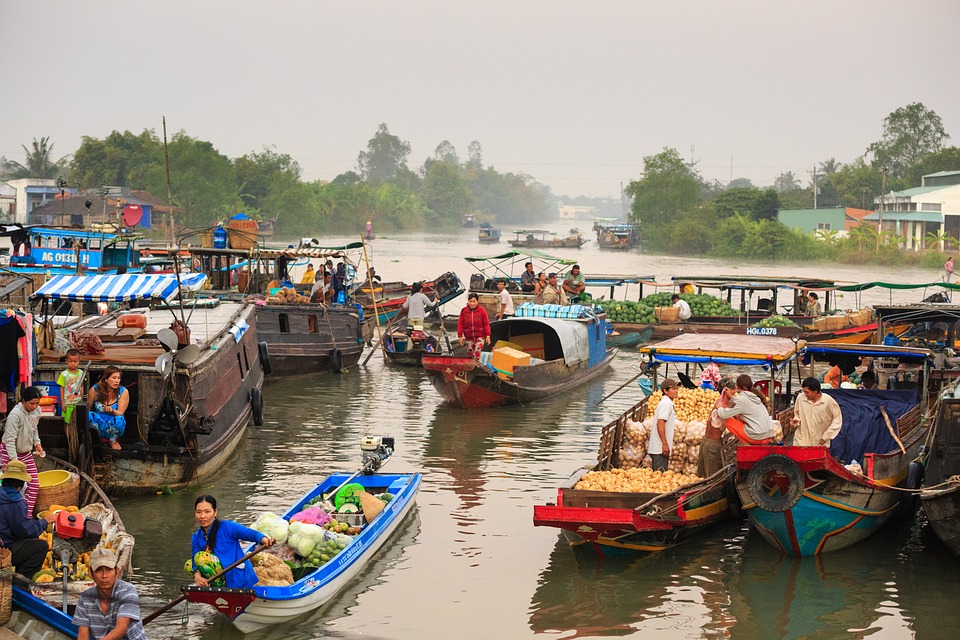
In many low-income countries, overweight and obesity now occur simultaneously alongside under-nutrition or underweight, resulting in the dual burden of malnutrition. In many Asian countries, obesity and over-nutrition are under-reported due to inappropriate definitions created for other racial/ethnic groups, but new guidelines have been established to account for this. In the last 20 years, the BMI distribution in low-income countries has changed, but little is known about the rate and magnitude of BMI change for different demographic groups. This project aims to assess whether increases in BMI have been consistent across wealth and demographic groups (including gender, age, education level, and employment status) within multiple provinces of Indonesia.
Researcher: Katie Vogel; Tufts University Mentor: K. Kosinski; University of Diponegro Mentor: L. Sulistiani, R. Murwani, D. Nur Afifah
- Vogel K. (2019). Key Risk Factors of the Dual-Burden of Malnutrition in Semarang, Indonesia. Summer Scholars Program. Tufts University. Medford, MA. (Poster Presentation)
Twitter Mobility Pattern Assessment for Urban Resilience: A Case Study in Semarang, Indonesia
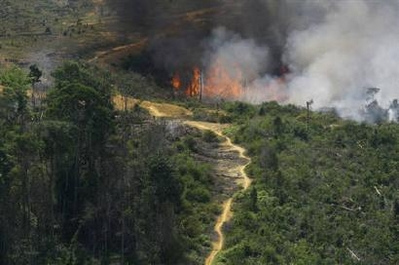
Understanding human mobility patterns can help cities plan for emergencies ranging from infectious disease to extreme weather events, in addition to improving urban traffic flow and long term urban planning. Mobility patterns have been established using geo-tagged Twitter messages. In cities that are at high risk for natural disasters and other changes to land use such as subsidence and urban sprawl, but have data paucity, using open source information streams like Twitter may be a useful tool to understand population movements and identify highly frequented and vulnerable corridors. The city of Semarang, Indonesia, is one such city that is vulnerable to extreme climate events such as earthquakes, and is also experiencing land subsidence and urban sprawl. This project aims to create a mobility profile of Twitter users in Semarang and compares their travel patterns to the urban landscape.
Researcher: Elizabeth Marsh; Tufts University Mentor: E.N. Naumova; University of Diponegro Mentor: M. Helmi, R. Murwani, B. Warsito,
Coastal Resilience and Vulnerability Risk Mapping for Foodborne Illnesses
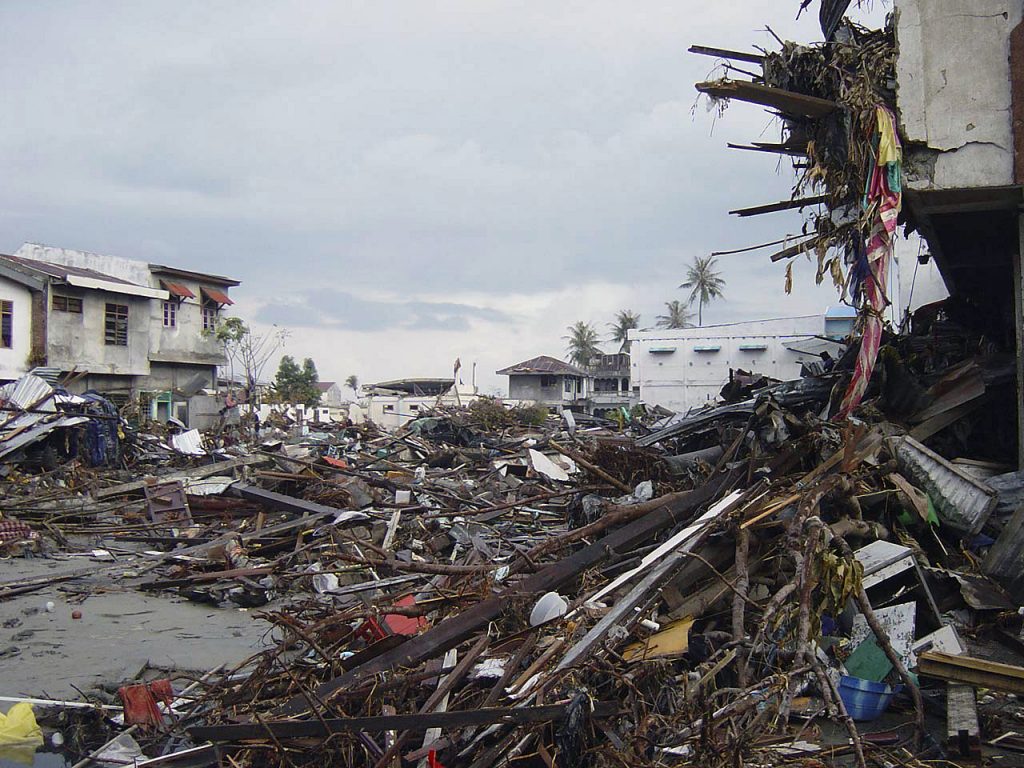
Tropical coastal cities are susceptible to extreme seasonal flooding conditions that promote flood pulse dynamics, or the periodic flooding, pooling, receding, and drying of coastal landscapes. These seasonal processes push urban infrastructure and water distribution systems beyond manageable limits and increase susceptibility to food and waterborne illness. The coastal city of Semarang, Indonesia has well documented incidence of food and waterborne disease as a result of seasonal flooding, extreme weather, and limited water management capacity. The synchronization of these climatic events can amplify or dampen disease incidence due to pronounced flooding conditions. Evaluating climatic effects on land use and sedimentation patterns can help determine the risk for and effect of flooding conditions on food and waterborne infection incidence. This project aims to: (a) define agricultural and aquacultural land use areas using spectral curves of remote sensing imagery; (b) describe the seasonal transition of land use types between wet and dry seasons; and (c) explore possible mechanisms linking seasonal land use changes to food/waterborne infection risks.
Researcher: Ryan Simpson; Tufts University Mentor: E.N. Naumova; University of Diponegro Mentor: R. Murwani, D. Nur Afifah
Breastfeeding Behaviors and Maternal Weight Status in Indonesia

It is estimated that by 2030, chronic diseases will overtake infectious diseases as the leading cause of death in low and middle income countries. Indonesia, like other low and middle income countries (LMIC), is experiencing a double burden of diseases—diet related chronic diseases coexist side by side with infectious diseases. WHO Global Action Plan against NCDs encourages multi-sectoral actions that combine prevention strategies targeting both malnutrition and chronic diseases. Evidence shows that breastfeeding is protective not only of the child but the mother as well. However, while many of the studies have focused on the benefits for the child, relatively fewer studies have sought to elucidate the relationship between maternal breastfeeding behavior and maternal health outcomes. This project aims to assess if maternal practice of breastfeeding will significantly predict mother’s weight status and whether breastfeeding practices are associated with obesity-related risk factors such as hypertension and type 2 diabetes.
Researcher: Oyedolapo Anyanwu; Tufts University Mentor: E.N. Naumova; University of Diponegro Mentor: Coming Soon!
Vulnerabilities Among Indonesian Farmers: An Analysis of Financial Loss After Natural Diseasters
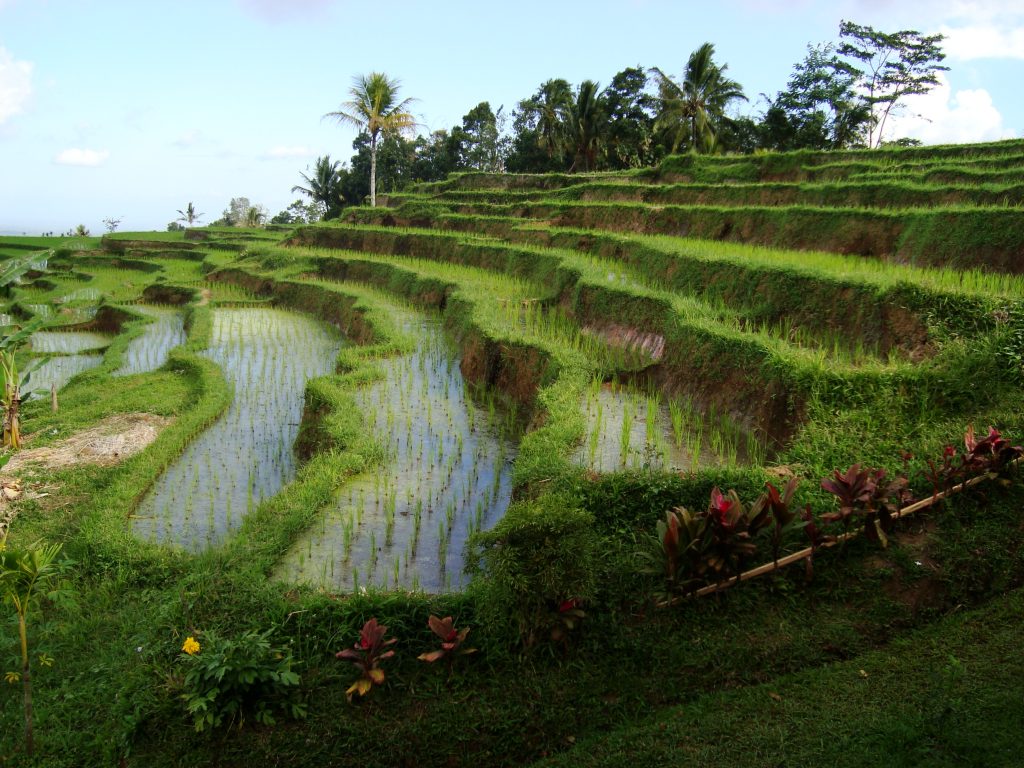
Crop production in the Indonesian archipelago is subject to considerable climate variability caused by the El Niño-Southern Oscillation (ENSO) phenomenon which can generate drought periods or wetter than average years. Although rural livelihoods are characterized by agricultural production dependency, exposure to climatological shocks is not the only source of risk among Indonesian farmers. With over 100 active volcanoes, the country is prone to eruption disaster yet 10% of the Indonesian population lives in a volcanic region. Indonesia also faces great for seismic activity promoting tsunamis and earthquakes as well. Although the risks of natural disaster are well documented, agricultural resilience to these natural disasters among Indonesian farmers remains under-explored. This project aims to measure farmers’ household resilience towards natural disasters and identify influencing factors including characteristics of farmer operation, geographical location, farmer assets, and access to government aid programs.
Researcher: Nayla Bezares; Tufts University Mentor: E.N. Naumova; University of Diponegro Mentor: Coming Soon!
The Nutritional, Economic, and Environmental Costs of Indonesian Diets

Food security is impacted by many exogenous factors, some of which include food safety, socioeconomic status, cultural influences, and environmental factors. Populations in different geographical regions have unique constraints on food production dependent on the land type, land use, and overall food systems infrastructure available for producing, distributing, and accessing food. Coastal cities face even greater challenges and vulnerabilities as local food systems rely heavily on imported foodstuffs. Here, production and distribution are stymied by extreme weather conditions, threatening the food security and safety of individuals living in these regions. Currently, little knowledge exists on how environmental conditions can influence food intake patterns, specifically with regards to food safety and food access costs. This project aims to classify typical Indonesian diets using food frequency questionnaires and estimate their associated nutritional, economical, and environmental costs using a case study of Semarang, Indonesia.
Researcher: Katherine Fisher; Tufts University Mentor: E.N. Naumova; University of Diponegro Mentor: Coming Soon!
Effects of Environmental Changes on Migration in Coastal Communities of Indonesia
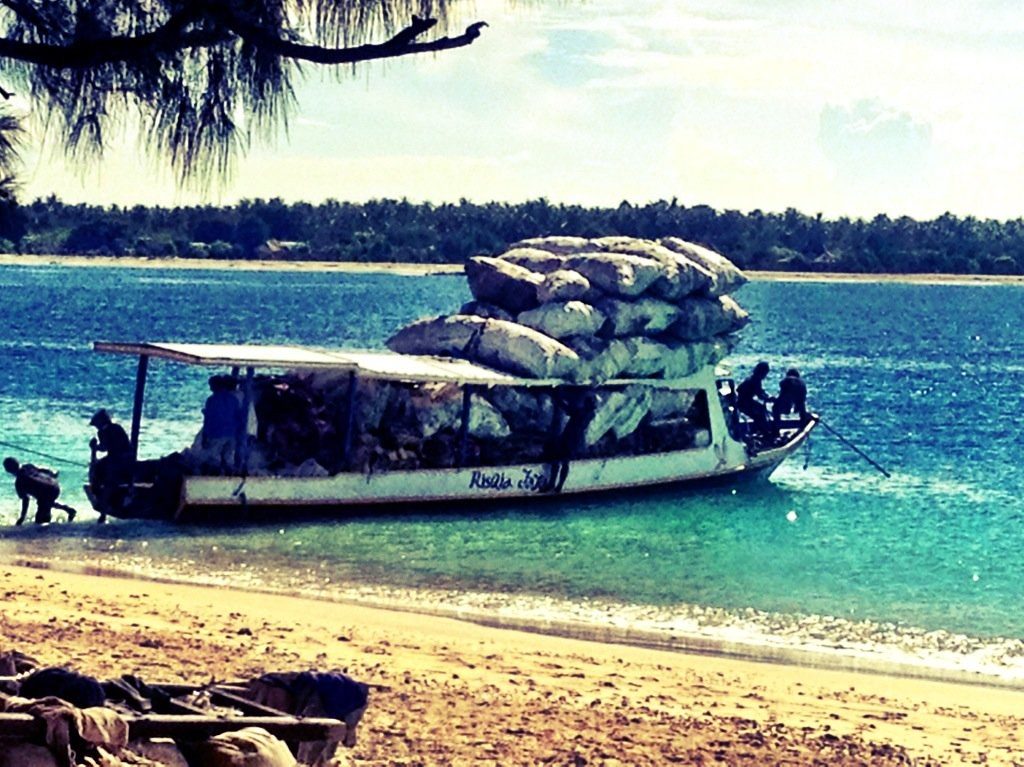
Many countries are threatened by the impact of climate change on food security. Indonesia is particularly vulnerable to such threats – it is expected that higher temperatures and decreased rainfall will impact the nation’s food balance by 2050. Moreover, Indonesia is expected to have the most severe losses in marine fisheries due to climate-related factors compared to any other nation. Adaptation strategies have already taken place in coastal communities in response to increased flooding. As environmental changes progress, it is crucial to further understand how food production and economic productivity will be impacted. This project aims to understand how environmental variations are affecting food production and livelihoods in Indonesia through migration, particularly regarding fisheries in coastal communities. Additionally, this analysis will assess whether differences exist in migration due to environmental reasons by region and livelihood among those who migrated.
Researcher: Breanne Langlois; Tufts University Mentor: E.N. Naumova; University of Diponegro Mentor: Coming Soon!